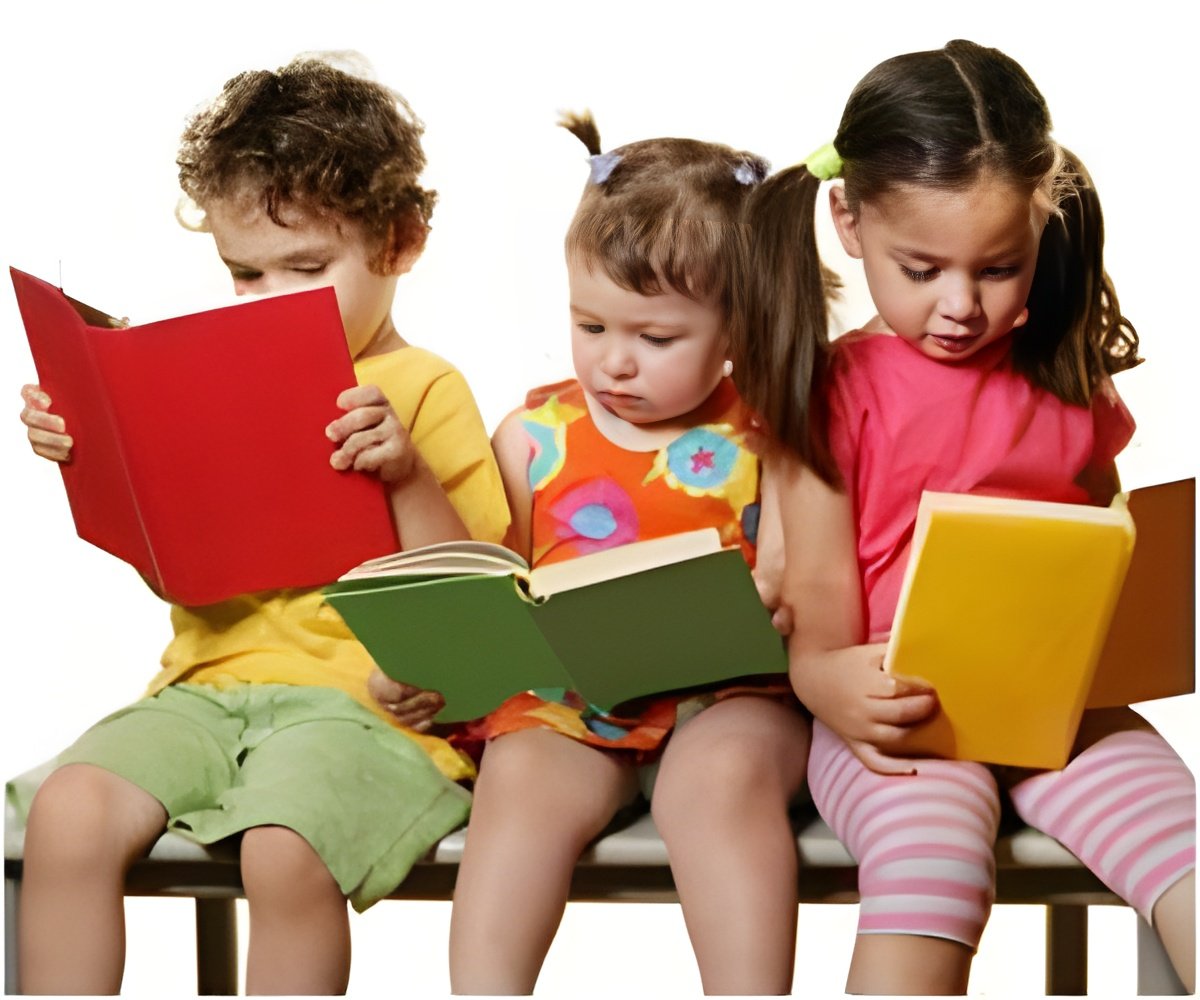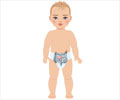A new study has found that children under seven years of age have are as intelligent as birds.

To compare the performance of birds - Eurasian jays - with children, aged four to ten, Cambridge University scientists used Aesop's fable in which a thirsty crow is able to drink from a pitcher after using pebbles to raise the water level to within its reach.
Lucy Cheke, a PhD student at the University of Cambridge's Department of Experimental Psychology expanded the old-aged fable into three tasks of varying complexity.
In two of the three tests, the birds did just as well as the seven-year-old children. After this, the human mind proved superior to the bird brain.
The experiments built on earlier work in which jays quickly learned that adding stones to a cylinder half-filled with water would bring a tasty treat floating on the surface within reach of their beaks.
In a second task the jays - colourful members of the crow family and about the same size as jackdaws - realised it was better to use pebbles, which sink, than corks, which float.
Advertisement
From the age of eight, the pupils learned more quickly than the birds. The pattern was similar with the second task - except four-year-old children did worse than the jays.
Advertisement
It again involved dropping objects into water to raise its level. But this time, a U-shaped tube was used with the join at its bottom hidden, giving the impression it was two separate tubes.
It meant dropping a stone into one 'tube' led to the water rising in the 'other' - a counter-intuitive result.
This appeared to confuse the birds. However, the children did as well as before, the journal PLoS ONE reports. The researchers said this shows children are better at putting preconceptions aside.
"It is a child's job to learn about the world. They can't do that if they're limited by a preconceived idea about what is or is not possible," said Lucy Cheke, a PhD student.
"For a child, if it works, it works. The birds, however, found it much harder to learn what was happening because they were put off by the fact it shouldn't be happening," she explained.
Source-ANI









